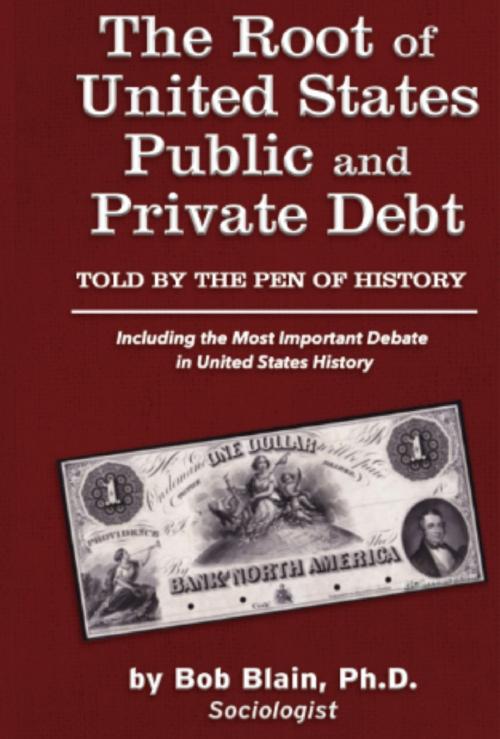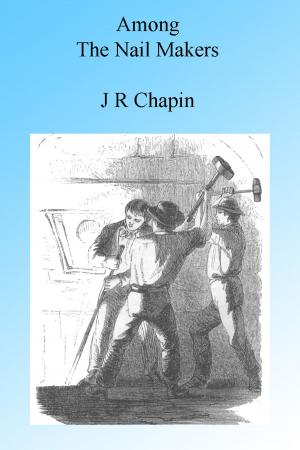The Root of United States Public and Private Debt Told by the Pen of History
Nonfiction, Social & Cultural Studies, Social Science, Sociology, History, Americas, United States| Author: | Bob Blain | ISBN: | 9781370313655 |
| Publisher: | Bob Blain | Publication: | September 8, 2016 |
| Imprint: | Smashwords Edition | Language: | English |
| Author: | Bob Blain |
| ISBN: | 9781370313655 |
| Publisher: | Bob Blain |
| Publication: | September 8, 2016 |
| Imprint: | Smashwords Edition |
| Language: | English |
The "pen of history" tells us that the root of both public and private debt in the United States goes back to the founding of the Bank of North America in 1781 in the closing days of the Revolutionary War. Since then, total debt grew at an average annual rate of 7.9 percent from $2.5 million in 1781 to more than $80 trillion in 2015. The cause: money that originates as a debt owed to banks. People at the time understood that money built on debt was a bad idea, but they were unable to stop it from being the foundation that would lead, as one opponent put it, "debt to grow to an extent we dare not think of." It is time now for Congress to begin to replace money based on debt with money based on citizenship. This booklet explains that registered voters have as much responsibility for the economy as they have for electing representatives to government. As such, they have as much right to a share of citizenship-based money as they have a right to citizenship based votes.
The "pen of history" tells us that the root of both public and private debt in the United States goes back to the founding of the Bank of North America in 1781 in the closing days of the Revolutionary War. Since then, total debt grew at an average annual rate of 7.9 percent from $2.5 million in 1781 to more than $80 trillion in 2015. The cause: money that originates as a debt owed to banks. People at the time understood that money built on debt was a bad idea, but they were unable to stop it from being the foundation that would lead, as one opponent put it, "debt to grow to an extent we dare not think of." It is time now for Congress to begin to replace money based on debt with money based on citizenship. This booklet explains that registered voters have as much responsibility for the economy as they have for electing representatives to government. As such, they have as much right to a share of citizenship-based money as they have a right to citizenship based votes.















